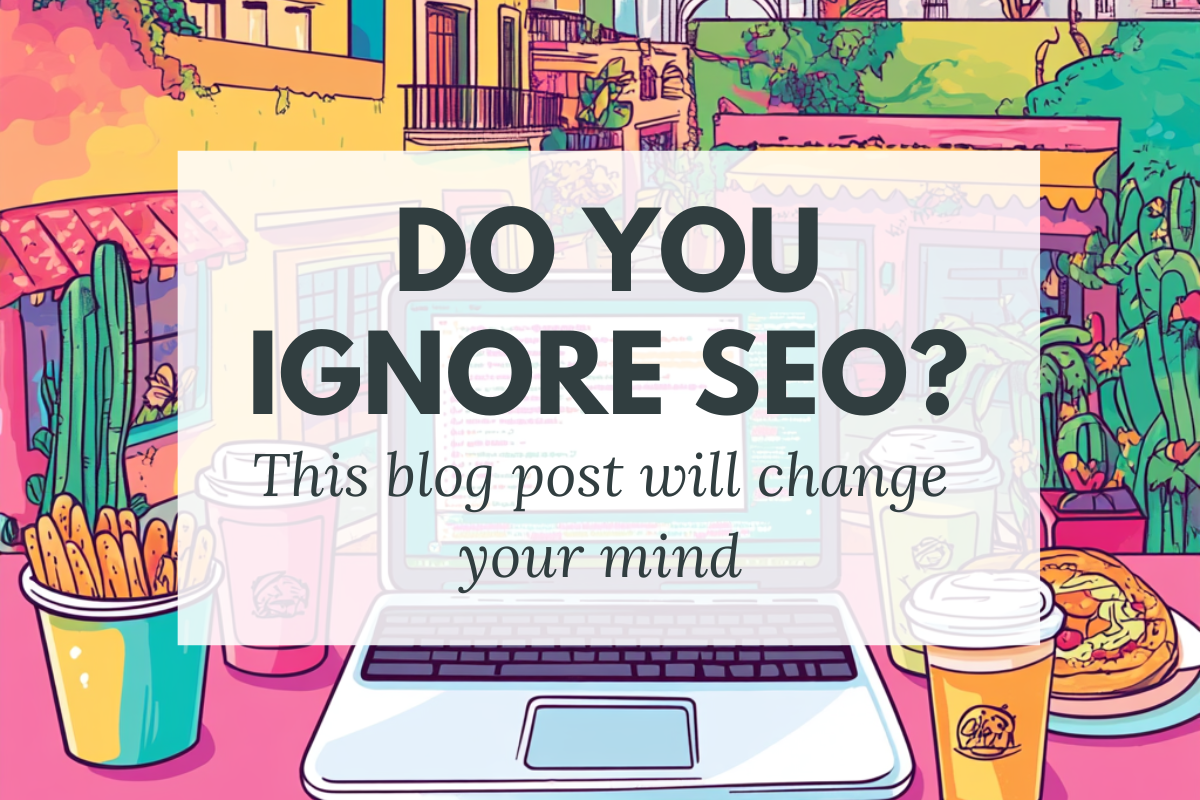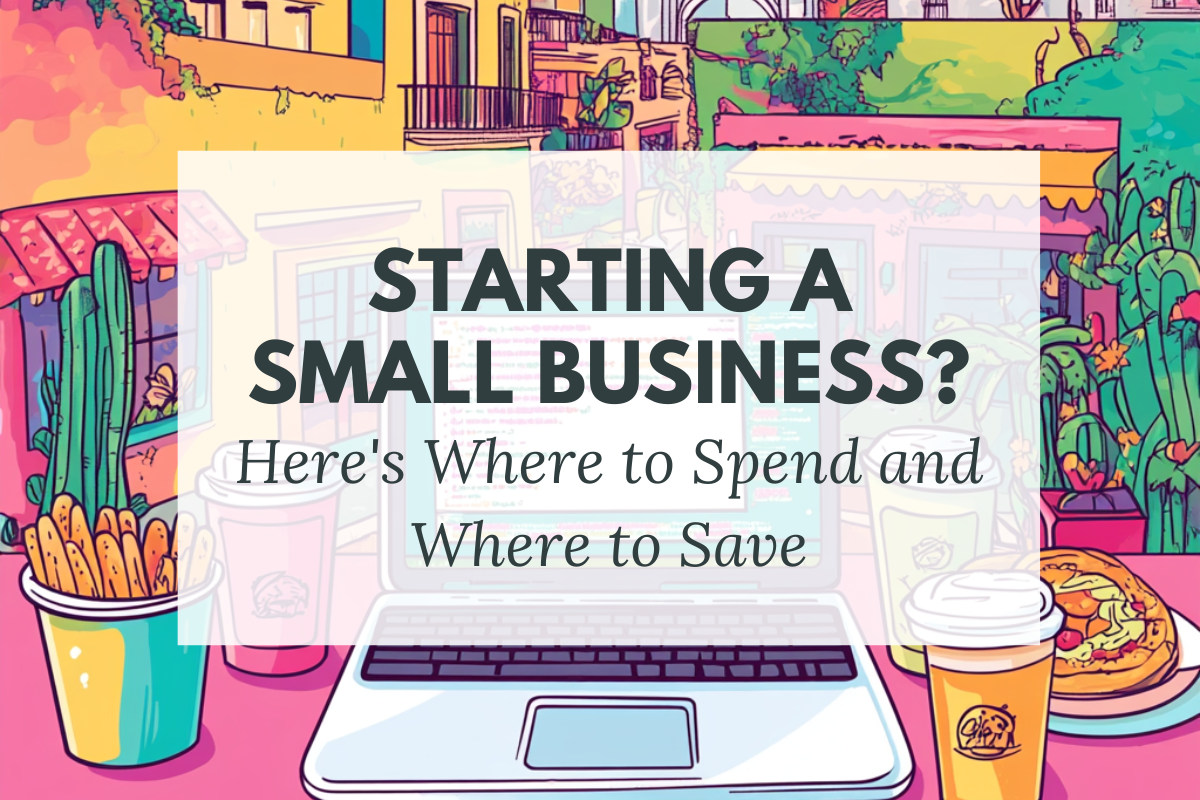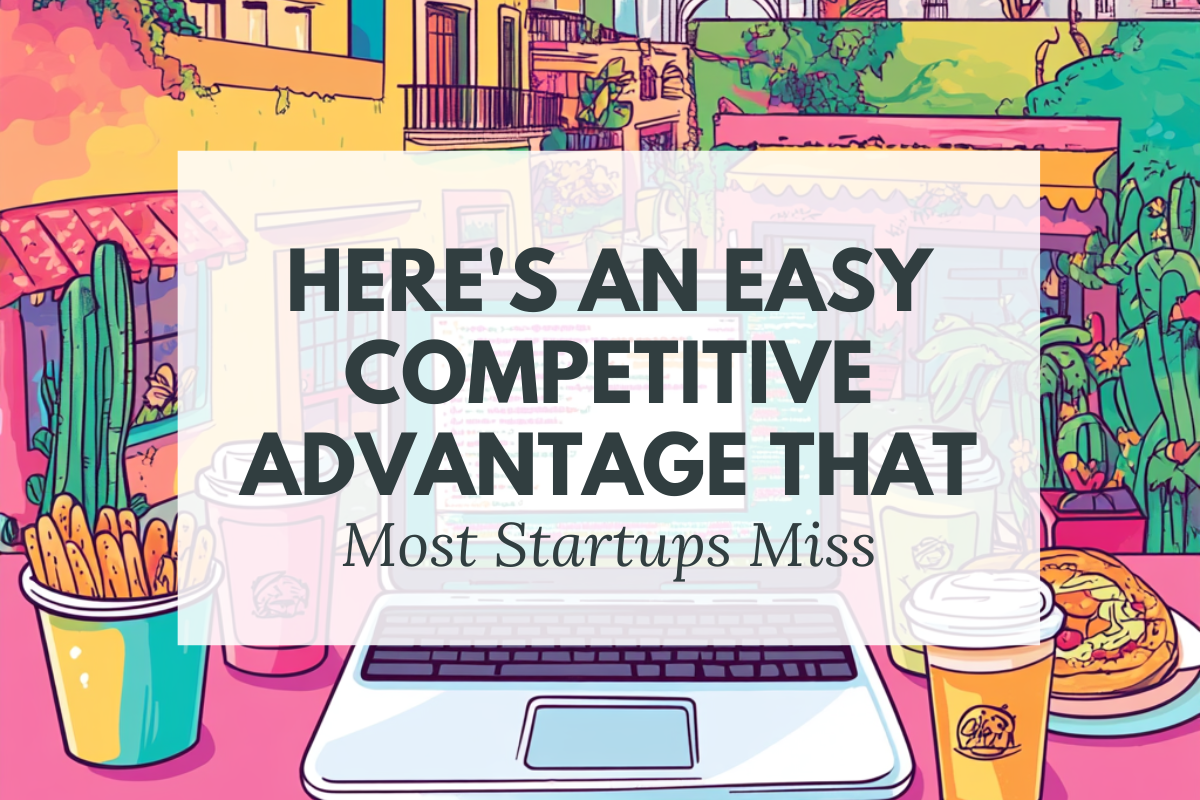When I first started running a blog – a few years back now, I immediately thought: ah, SEO! I need to know everything about SEO!
Cue weeks and weeks of reading blog articles, testing the hottest SEO tools, getting to grips with all the technical terms, optimising my blog, researching keywords, writing posts.
I couldn’t wait. Any day now, I’d be getting thousands of visitors to my website.
Hours, days, weeks went by.
Nothing. Zilch.
I gave up. SEO doesn’t work, I said to myself. SEO isn’t for bloggers like me, it’s for the big businesses with millions to spend. I’ll never compete.
So I ignored it, and focused on other tactics to grow my business and generate traffic.
Please note this post may contain affiliate links. Please refer to my disclosure for more information.
However, one day I noticed a spike in sign ups to my email list. I wasn’t running any advertising. Instagram, Twitter and Facebook were all ticking along as normal and I hadn’t been trying any new strategies. I couldn’t work out where these people were coming from.
And then something odd happened.
Out of the blue, I got a couple of affiliate payments through on Paypal for a training course I’d promoted about 18 months ago.
And then a few days later I got another affiliate payment through.
Well, it turned out Google was my new best friend. Because an old, long forgotten blog post that contained an affiliate promotion was suddenly ranking #3 on a really competitive search term on Google.
I couldn’t believe it.
I checked my stats. I was getting thousands of visitors, all to this one page.
And the icing on the cake? I was making a nice little side earning with affiliate commissions, without really doing anything.
What I learned is that when you do SEO, you’re playing the long game. Yes, the results aren’t as immediate as something like Instagram, but like I always say – and if you’ve taken any of my Instagram sales funnel training, you’ll know this – is that you should always master more than one traffic source. Never put all your faith in one platform, because things can and do change.
So although I heavily promote my business on Instagram, I also market it in other ways too, and one of my long term strategies is to invest some time in SEO so that I can get a steady stream of free traffic from Google. Because trust me, all you need is one or two pages to get a good ranking to suddenly start getting thousands of visitors.
So if you’re a bit like me, and hate SEO, but you want that long term traffic insurance that only something like SEO can give you, what’s the best way to go about it? Well, here are my top tips.
Hire some help
If you have the budget, SEO is a good thing to outsource, because there are people who do this for a living and know SEO inside out. However, there are a lot of people who “claim” to do this but don’t have the results to back it up. In that case, it can get expensive fast. So do your research first before hiring. Look for client testimonials, and look at how recently results were achieved – SEO testimonials from 2008 are no good nowadays.
Aim for some quick wins
If you already have a blog, then invest some time doing some basic keyword research and optimise your existing posts. It’s not much when it comes to SEO, but it’s better than nothing, If you use WordPress, I’d highly recommend a plugin called Yoast for SEO optimisation. It’s the best in the field as far as I’m concerned (and more importantly, real SEO experts will recommend the same).
Write more blog posts
This is just from my own experience. When you have a blog that’s been around for a while, you can start looking in depth at your traffic stats, and what they’ll often tell you is this. You’ll have a large percentage of blog posts that don’t do great, and a small percentage that get a lot of organic search traffic. So my suggestion? Keep writing plenty of quality, relevant content. That’s what Google loves, and if you stick to this, eventually one or two of those posts are going to do well in the search engines, and you’ll start to reap the rewards of all your hard work.
Invest in some training
Well, admittedly, SEO is a dry subject. Especially if, like me, you prefer something more friendly and beautiful like Instagram. So I tend to just follow a couple of SEO experts who help me stay updated and put things in a simple language that I can understand.
One of those experts I loyally follow is blogger called Lena Gott, author of WhatMommyDoes, who has grown her own blog to over 400,000 monthly page views in the space of just 10 months – a staggering achievement for any blogger. I love Lena’s story, because like so many of us blogging she got frustrated with watching her page stats every day and not seeing that nice upward trend we all want, so Lena was smart enough to embark on a tonne of experimentation to discover what she needed to do to get those page views up. And that’s what she’s done. Through a lot of trial and error, she has created a very straightforward 21 step method for growing your blog traffic.
Lena shares her 21 step strategy in an eBook which you can get here. Her eBook cost me less than $80 when I purchased it and I can hand-on-heart say I have learned so much more in her small eBook than some very expensive premium online courses I’ve taken over the years.
In the eBook, Lena will show you real stats and real case studies from her own blog and explain in very simple (and non-technical) terms about what you need to do to get the same result.
Get Lena’s 21-step traffic transformation eBook here >>
In Summary: Ignore SEO at your peril!
So there’s your word of warning. It’s tempting to think SEO is just too big a mountain to climb, but I’d urge you not to ignore it, even if you’re getting great results on Pinterest, Facebook, Instagram or other traffic sources. Because you never know if one of those big companies is going to change a policy or an algorithm and wham – you’re traffic disappears overnight. So it pays to diversify! And search engines aren’t going anywhere. At the very least, get some basic training under your belt so you can tackle it with a bit more confidence. You don’t have to be a master SEO guru; just don’t ignore it and hope for the best.





SEO seems to be every blogger’s nemesis, doesn’t it? If you do the bare minimum for the phrases that people actually search for, you should do fine.
There are people who know their stuff (Matt being one of many) and Ann Smarty. ^_^
SaraBeth recently posted…Why Do I Need a Blog Content Refresh?
I can relate to this post. When I was starting out, my patience ran out because of SEO. I always procrastinate in learning how to do it wisely. Until there is light that shines through this effort. Now I realize and I also tell this to my client, that you can see a result in 6-12 months time. This is a slow process but with a very rewarding result. Thanks for sharing your experience. Good luck in all you do.
We do on the contrary: SEO is in house, writing and other stuff partly is outsourced. Is it okay?
I’m a link builder and I agree when you said that SEO is for the long term game and its not for those bloggers without patience. SEO is very broad but there are simple strategies like link building that when done correctly, will make a huge impact. Cheers!
Sometimes it just feels good to put two heads together and brainstorm. Working with an outside SEO consultant gives you a sounding board for your ideas and validates your SEO strategy.
Good formatting of your content helps improve the user experience of your website tremendously. It makes readers more willing to spend time to read your content and come back for more, which will ultimately signal your relevancy to search engines.
I am very thankful to you as your article has given me lots of ideas. This article is awesome! You did a really good job. Thank you for sharing. Keep up the good work
SEO is important because it keeps the search results fair. The higher you rank in results pages, the more clicks and traffic your site will generate. SEO also improves user experience, making it more likely for customers to become repeat buyers. And SEO is cost-effective.
The better you optimize your Website blog for better SEO, and with the help of SEO, your website pages will be listed on SERP pages, so more people can find your Website and get to know your business.
When it comes to digital marketing, one issue you’ll have to face is choosing between white hat SEO and black hat SEO. Most small businesses are not aware of what each term actually means. In reality, choosing either option can lead to results—you just need to know what you want before you pick a method that will define your business.
Yes, I totally agree with you and can’t ignore SEO—it’s crucial for online visibility and growth.
Overlooking SEO? That’s a huge error! This blog post is a real eye-opener, highlighting how crucial it is for increasing traffic and gaining visibility. Seriously, don’t underestimate SEO—it’s a definite game-changer!